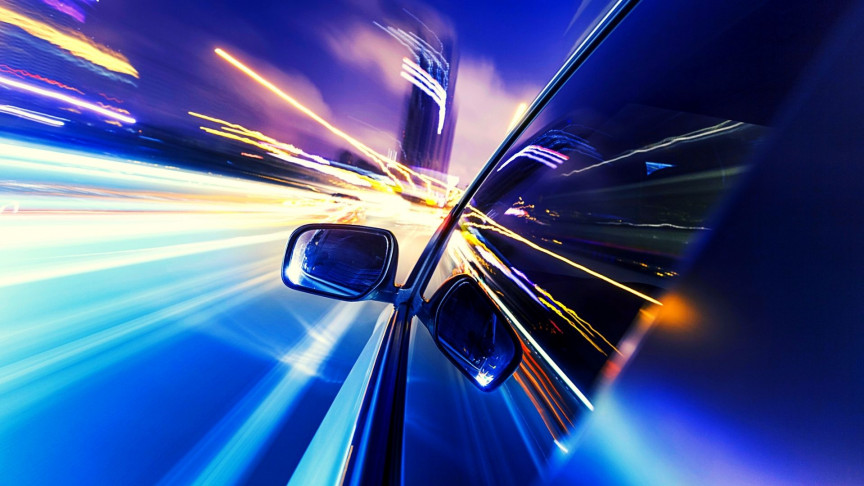
Researchers have developed a new early-warning system for self-driving vehicles — leveraging artificial intelligence (AI) capable of learning from thousands of real traffic scenarios, according to a new study executed with the BMW Group and published in the journal IEEE Transactions on Intelligent Transportation Systems.
In other words, you may soon ride in a self-driving car with an AI’s figurative finger on the buzzer — to keep you from dying in transit by giving seven seconds’ warning of crucial situations the cars can’t handle on their own.
And so far, the AI can do it with more than 85% accuracy.
Early-warning AI system anticipates critical scenarios
The drive to increase safety for self-driving cars feels almost self-explanatory, but efforts typically rely on complicated models designed to enhance vehicles’ ability to analyze the traffic behavior of users. But driving on public roads always comes with risk and uncertainty. Even planes have been known to crash on them.
The research team collaborated with Professor Eckehard Steinbach — chair of media technology and member of the Board of Directors of the Munich School of Robotics and Machine Intelligence (MSRM at the Technical University of Munich (TUM) — and tried a new approach to the problem of unpredictable traffic behavior. Specifically, they considered scenarios where a human driver takes control — possibly because the car told them to intervene, or because the driver wants to override self-driving for safety reasons.
The new system employs cameras and sensors to capture surrounding conditions, and records status data of the vehicle — including road conditions, visibility, wheel angle, weather, and speed. The AI system — which uses a recurrent neural network (RNN) — adapts to identify patterns in the data. When unique scenarios that the control system couldn’t handle on its own before arise, the driver will be alerted in advance of a potentially dangerous situation.
“To make vehicles more autonomous, many existing methods study what the cars now understand about traffic and then try to improve the models used y them,” said Steinbach, in a TechXplore report. “The big advantage of our technology: we completely ignore what the car thinks. Instead we limit ourselves to the data based on what actually happens and look for patterns. In this way, the AI discovers potentially critical situations that models may not be capable of recognizing, or have yet to discover.”
“Our system therefore offers a safety function that knows when and where the cars have weaknesses,” added Steinbach.
Centrally-stored AI data could enable entire fleets of self-driving cars to adapt
The research team and the BMW Group tested the new AI technology with the latter’s autonomous development vehicles on public roads — evaluating roughly 2,500 scenarios where the driver had to take manual control. According to the study, the AI was already capable of predicting possibly crucial scenarios with an accuracy of above 85% — up to seven seconds early.
“Every time a potentially critical situation comes up on a test drive, we end up with a new training example,” said Christopher Kuhn, one of the study authors. This means large quantities of new data are needed — since AI can only recognize and predict scenarios it has encountered before. But once enough data is amassed, new data is practically generated on its own, added Kuhn. This is likely years away from implementation on a mass-production scale, but centrally storing the data could enable pooling so, with every critical scenario of impending death in transit — the entire fleet learns.
